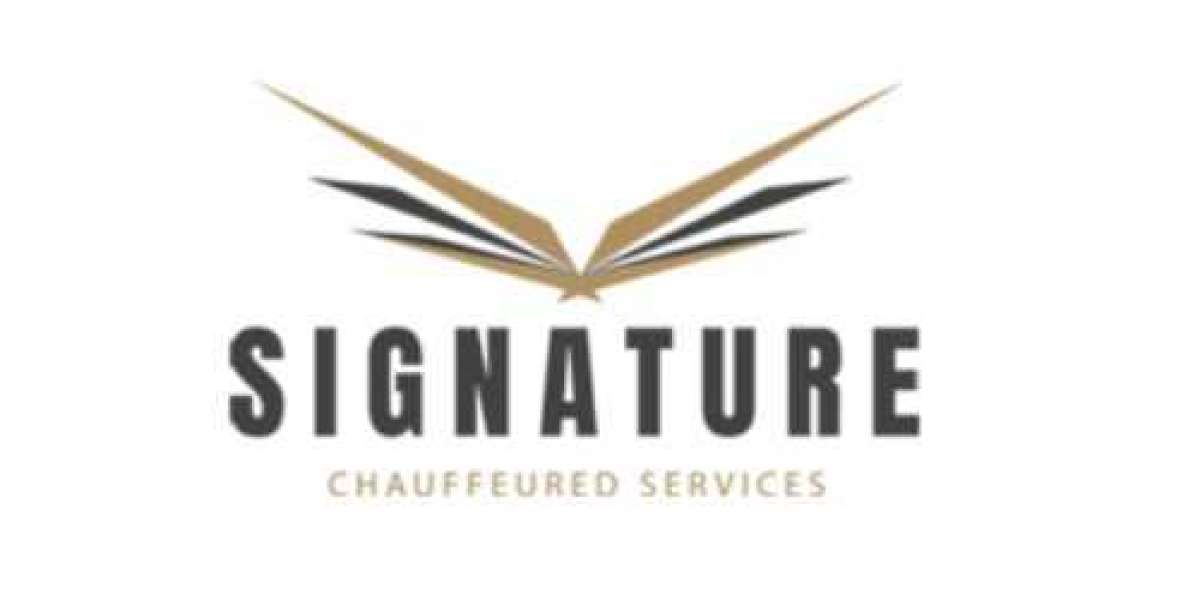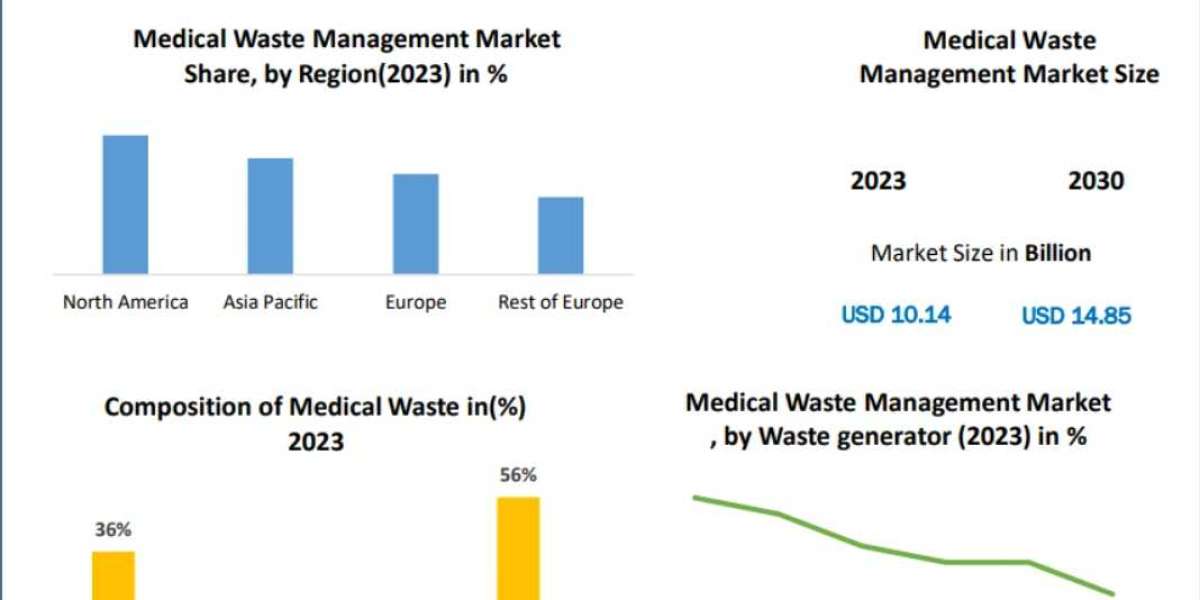Pioneering Breakthroughs: What Defined AACR 2025?
This year’s conference was dominated by five transformational themes: Next-Gen Immunotherapies, Tumor Biology Insights, AI in Precision Medicine, Early Detection Technologies, and Emerging Targeted Therapies. These areas are shaping the next frontier in the battle against cancer.
1. Next-Generation Immunotherapies: Rewriting Cancer Treatment
Immunotherapy remains one of the most dynamic areas of cancer research, and AACR 2025 showcased:
- CAR-T Cell Therapy 2.0: Enhanced CAR-T treatments targeting solid tumors showed promising clinical responses.
- Bispecific and Trispecific Antibodies: These novel constructs improved immune system activation against tumors.
- Checkpoint Inhibitors Beyond PD-1: Researchers introduced inhibitors targeting novel immune checkpoints, enhancing response rates in hard-to-treat cancers.
- mRNA-Based Cancer Vaccines: Personalized vaccines based on mRNA technology demonstrated increased effectiveness in clinical trials, particularly for melanoma and pancreatic cancer.
2. Decoding Tumor Biology: The Key to Smarter Therapies
Understanding the molecular and genetic foundation of cancer is crucial for developing precise treatments. AACR 2025 presented:
- Single-Cell Sequencing in Tumor Evolution: Studies showed how tumors adapt to treatment, helping scientists predict resistance pathways.
- Epigenetic Modifications and Cancer Growth: Cutting-edge research revealed how altering cancer epigenetics can lead to breakthrough therapies.
- Tumor Microenvironment Manipulation: Novel strategies demonstrated how modulating the tumor’s surroundings could enhance drug efficacy.
3. Artificial Intelligence in Oncology: A New Age of Precision Medicine
AI is rapidly transforming cancer care, with AACR 2025 showcasing:
- AI-Powered Radiomics: Advanced imaging techniques detected minute cancerous changes before traditional methods.
- Machine Learning for Drug Discovery: AI models predicted novel drug candidates in record time, accelerating research and development.
- Predictive Analytics in Patient Outcomes: Personalized treatment strategies were refined using AI-powered predictions of patient responses to therapies.
- Automated Pathology Screening: AI-driven pathology tools outperformed human analysis in identifying rare and aggressive cancer types.
4. Revolutionizing Early Detection: A Leap Toward Cancer Prevention
Early detection can dramatically improve survival rates, and AACR 2025 featured advancements in:
- Multi-Cancer Early Detection (MCED) Blood Tests: These tests successfully identified cancers at earlier, more treatable stages.
- Liquid Biopsy Innovations: Enhanced circulating tumor DNA (ctDNA) testing provided a non-invasive method for early cancer identification.
- AI-Enhanced Mammography and Lung Screening: Combining AI with imaging resulted in more accurate and earlier diagnoses.
- Real-Time Biomarker Analysis: Advanced biomarker screening technologies allowed for the early detection of precancerous changes.
5. Emerging Targeted Therapies: A Precision Approach
New breakthroughs in targeted therapies demonstrated exciting potential in oncology, including:
- Next-Gen KRAS Inhibitors: These treatments showed extended efficacy across lung, colorectal, and pancreatic cancers.
- Synthetic Lethality Approaches: Novel combinations of PARP inhibitors with emerging agents increased therapeutic success rates.
- Tumor-Specific Peptide Drug Conjugates: These innovative therapies precisely target cancer cells while sparing healthy tissue.
- Oncolytic Viruses in Cancer Therapy: Engineered viruses selectively attack tumors, activating the immune response in parallel.
AACR Conference Coverage: Clinical Trial Updates
One of the most exciting aspects of AACR Conference Coverage 2025 was the presentation of clinical trial results that may soon redefine cancer treatment:
- mRNA Cancer Vaccine Trials in Phase III: Patients showed improved overall survival rates with personalized cancer vaccines.
- Breakthrough Combination Therapies: Combining immunotherapy with targeted agents significantly improved progression-free survival in lung and breast cancer patients.
- Innovative CAR-T Trials for Solid Tumors: Novel CAR-T cell designs exhibited increased durability and effectiveness.
- Real-World Data Integration in Clinical Trials: The use of patient-generated health data improved trial designs and therapy customization.
The Future of Oncology: Key Takeaways from AACR 2025
The conference not only revealed scientific progress but also emphasized the importance of collaboration in advancing cancer care. Key themes included:
- Global AI Integration in Oncology Research
- Overcoming Drug Resistance Through Adaptive Therapies
- Expanding Patient Access to Innovative Treatments
- Personalized Cancer Treatment as the New Standard
Conclusion
AACR 2025 has set a new precedent for cancer research and treatment innovation. With groundbreaking discoveries in immunotherapy, AI-driven diagnostics, early detection, and precision medicine, the future of oncology is brighter than ever. The insights presented at this conference will shape the next decade of cancer breakthroughs, bringing us closer to a world where cancer is a manageable, if not curable, disease.



